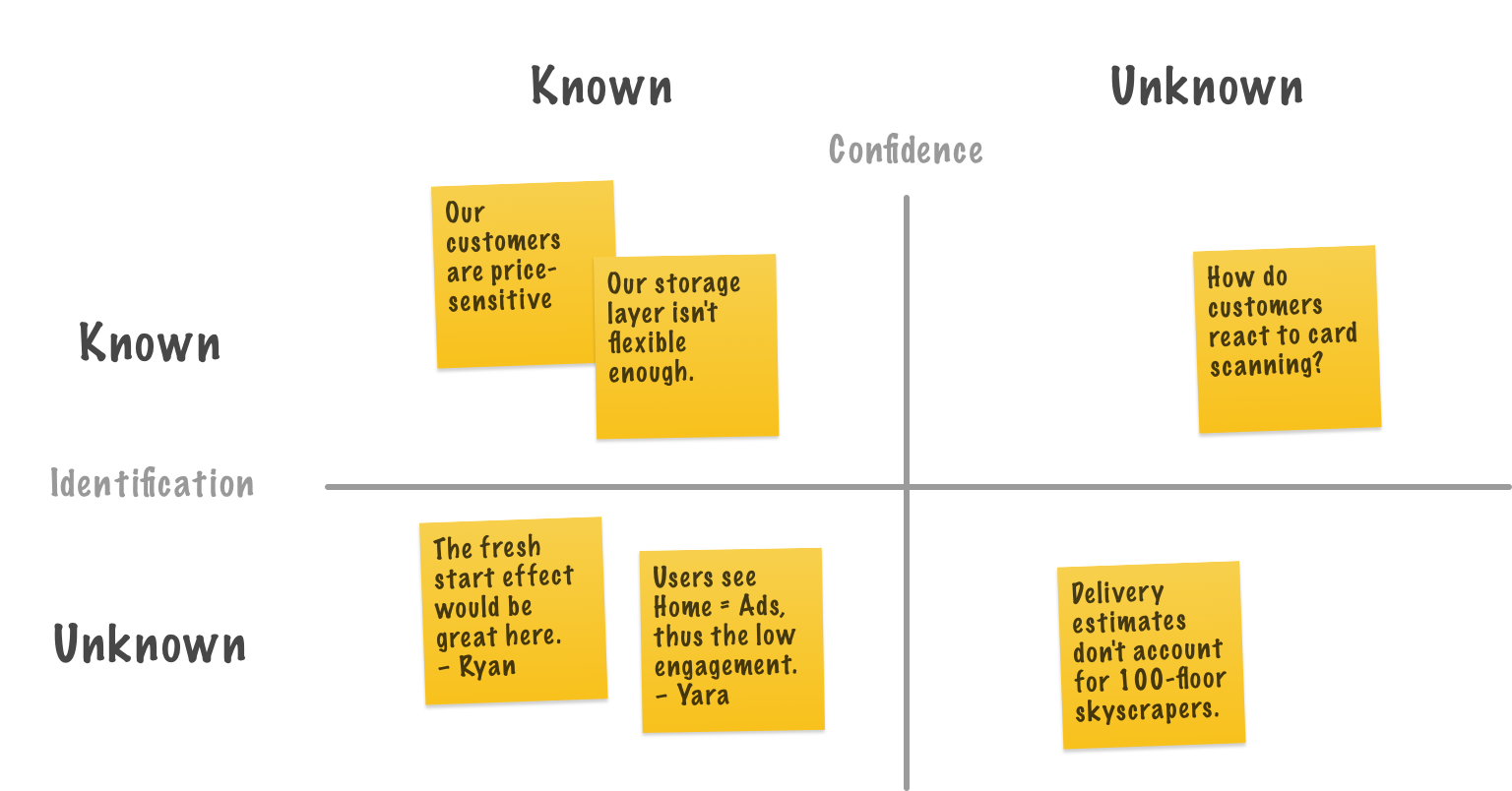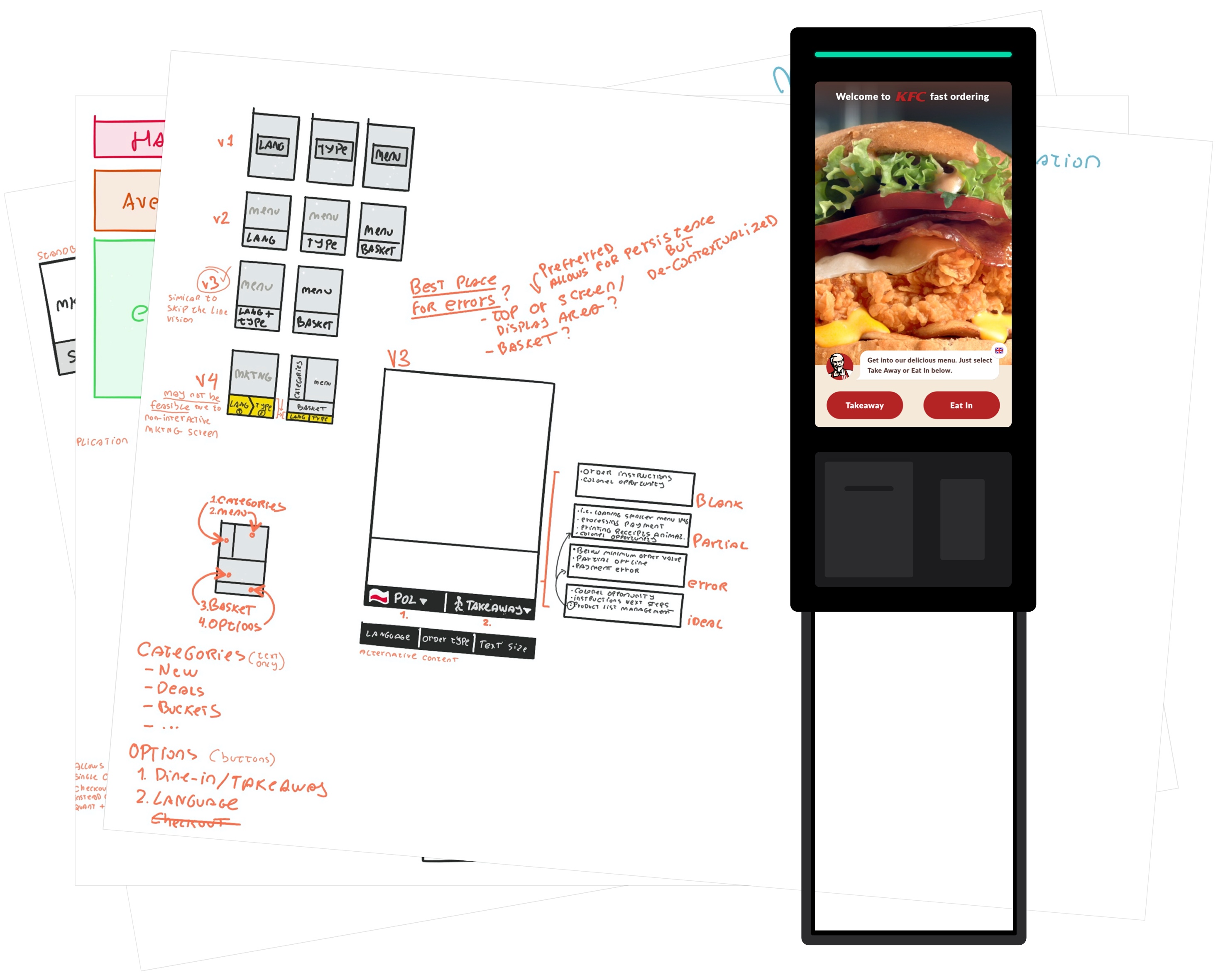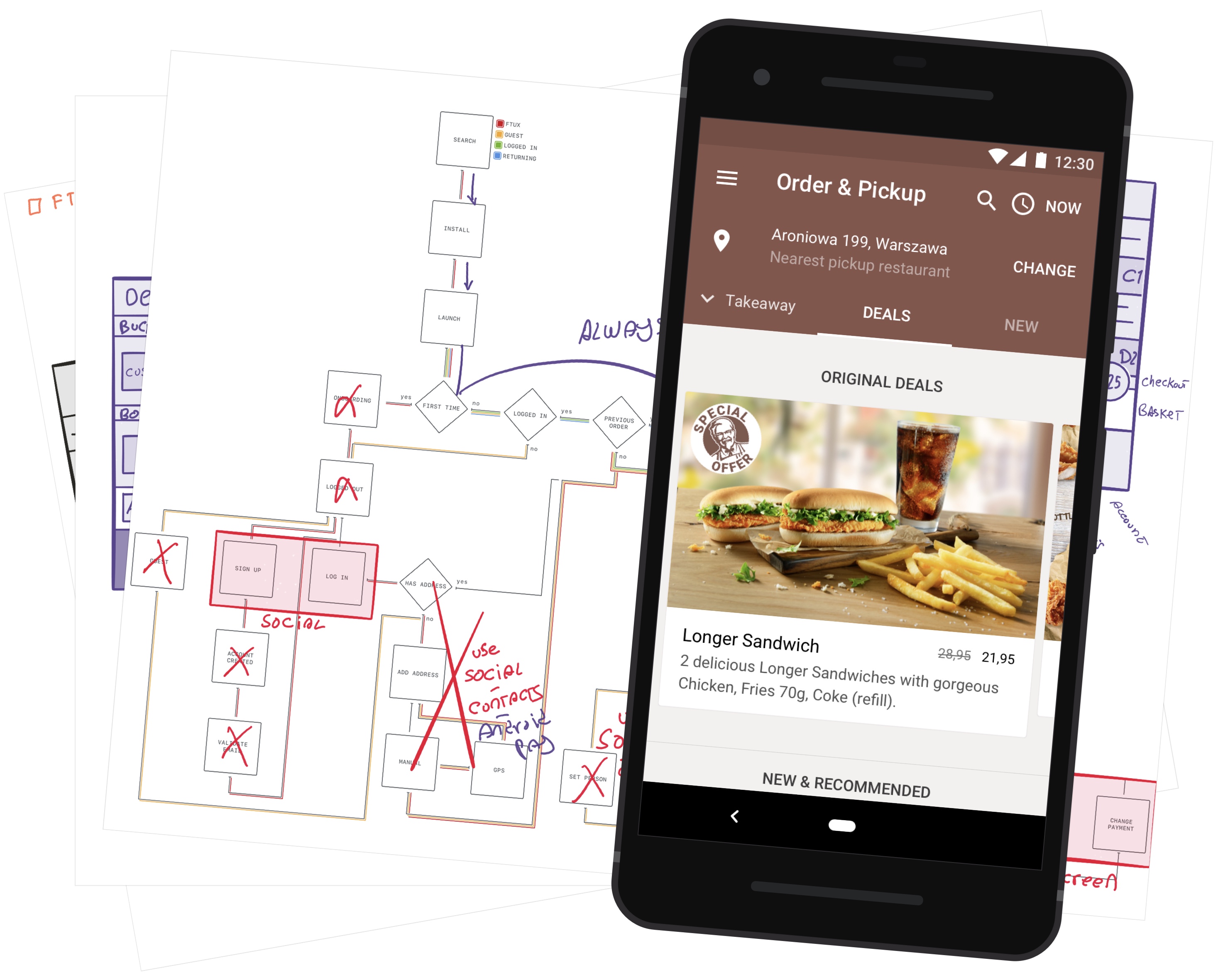Unproductive Spirals of Discussion
Meetings sometimes turn into an endless unproductive spiral of subjective opinions, ending without a concrete outcome.
We go from “How do we” to “Maybe we should”, then “But what about this”, and like a merry-go-round return to “How do we”.
Unproductive spirals happen in meetings where there’s a high degree of complexity, and we rely too heavily on intuition to come up with a solution there-and-then.
It’s rare to admit we don’t know enough, that we need to learn more.
Cross-domain Learnings
Something I learned over time is that there’s always something you can learn from fields other than your own.
As a developer, I learned I could apply Interaction Design principles such as consistency, when developing APIs.
As a designer, I learned I can use behaviour economics to improve my solutions.
There’s plenty more examples out there. I’ve seen people explaining mathematical concepts through musical metaphors.
Knowns and Unknowns
Let’s take a detour though history, in the spirit of cross-domain learnings.
In 2004, Donald Rumsfeld became the centre of attention, not only for his support of the invasion of Iraq, but also, in a more positive light, for his use of the Knowns and Unknowns framework to back his support.
The Knowns and Unknowns framework helps you become aware to 4 types of knowledge:
- Known Knowns: facts, like gravity
- Known Unknowns: information gaps we’re aware of
- Unknown Unknowns: gaps we’re not even aware of
- Unknown Knowns: untapped knowledge
The Known and Unknowns framework is all about de-risking.
Success can only be reached by seeing what lies ahead and planning accordingly. Without that foresight, it’s far more likely we’re just wasting our time.
The problem is that we don’t realise we lack that foresight until it’s too late. This is where the Known and Unknowns framework proves itself valuable.
We can gather foresight by first acknowledging we may not have the full picture, and then applying research to increase our wealth of “Known Knowns”.
Productivity
Back to the topic of productivity.
Unproductive meetings can still yield enough actions and outputs to keep you busy.
But productivity isn’t about busywork.
Busywork forces you to become a short-term thinker, to cut corners, to glance over the “unknown unknowns” that don’t immediately hurt you and your company.
Productivity isn’t about the short-term, it’s not just about the long-term either, it’s not about “getting a lot done”. A design sprint is an incredibly busy week, for some overwhelmingly busy, but a design sprint alone doesn’t mean you’ll create and sustain value.
Productivity is about reproducible, long-term positive outcomes, like delivering value to your customers, flawlessly, every time.
Being productive

Example known and unknowns map
I believe that to become productive, you have to be mindful and humble when it comes to your confidence levels. Become over-confident and you’ll come across as productive, arrogant, but too little confidence can lead to decision paralysis.
To get a good level of confidence, you need a method and introspection.
The first tip is to segregate knowledge into the 4 main categories we’ve been talking about: Known Knowns (KK), Known Unknowns (KU), Unknown Knowns (UK), and Unknown Unknowns (UU).
During meetings, take note of what’s being said and categorise accordingly.
If you manage to gather a lot of Known Knowns that’s great, for everything else: it’s validation time.
When it comes to validation, surrounding yourself with experienced people might save you from starting from scratch. Not because you can draw from their gut feeling and assumptions, but because through experience people end up making mistakes and either accidentally or intentionally gathering a lot of factual data.
Regardless if you have a team of experienced people, I suggest you double-down on research. Sometimes our experience blinds us to the reason why something has worked in the past, and we tend to think our facts are general truths.
For uncovering ‘Unknown Unknowns’, research works great. Competitor research, market research, user research, or something else. Admitting uncertainty is crucial to finding certainty. Finding Unknown Unknowns (UU) is the most exciting activity for myself, especially when they could have wrecked chaos further down the road if you were blissfully unaware. Dodge those UU bullets!
Research is also great for turning Known Unknowns into facts (Known Knowns).
For uncovering Unknown Knowns – the knowledge you don’t know you have, interview internal stakeholders, people from other teams such as operations, IT, marketing, or sales. These people usually hold a great deal of knowledge that often goes untapped.
Known Knowns is the ultimate goal in the Knowns and Unknowns framework, it’s the data you can trust and use to plan with confidence.





